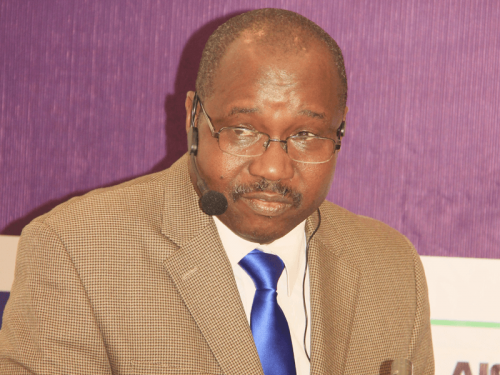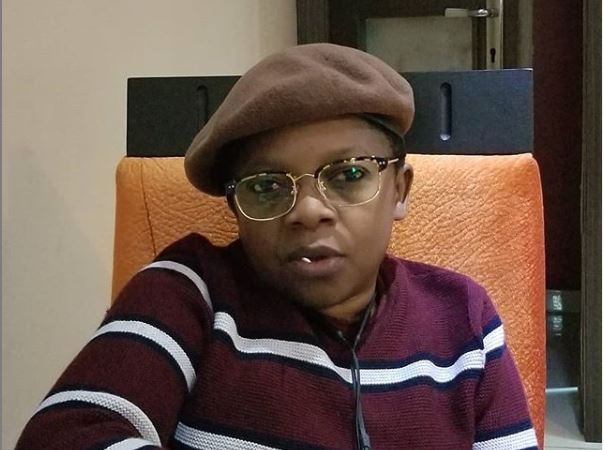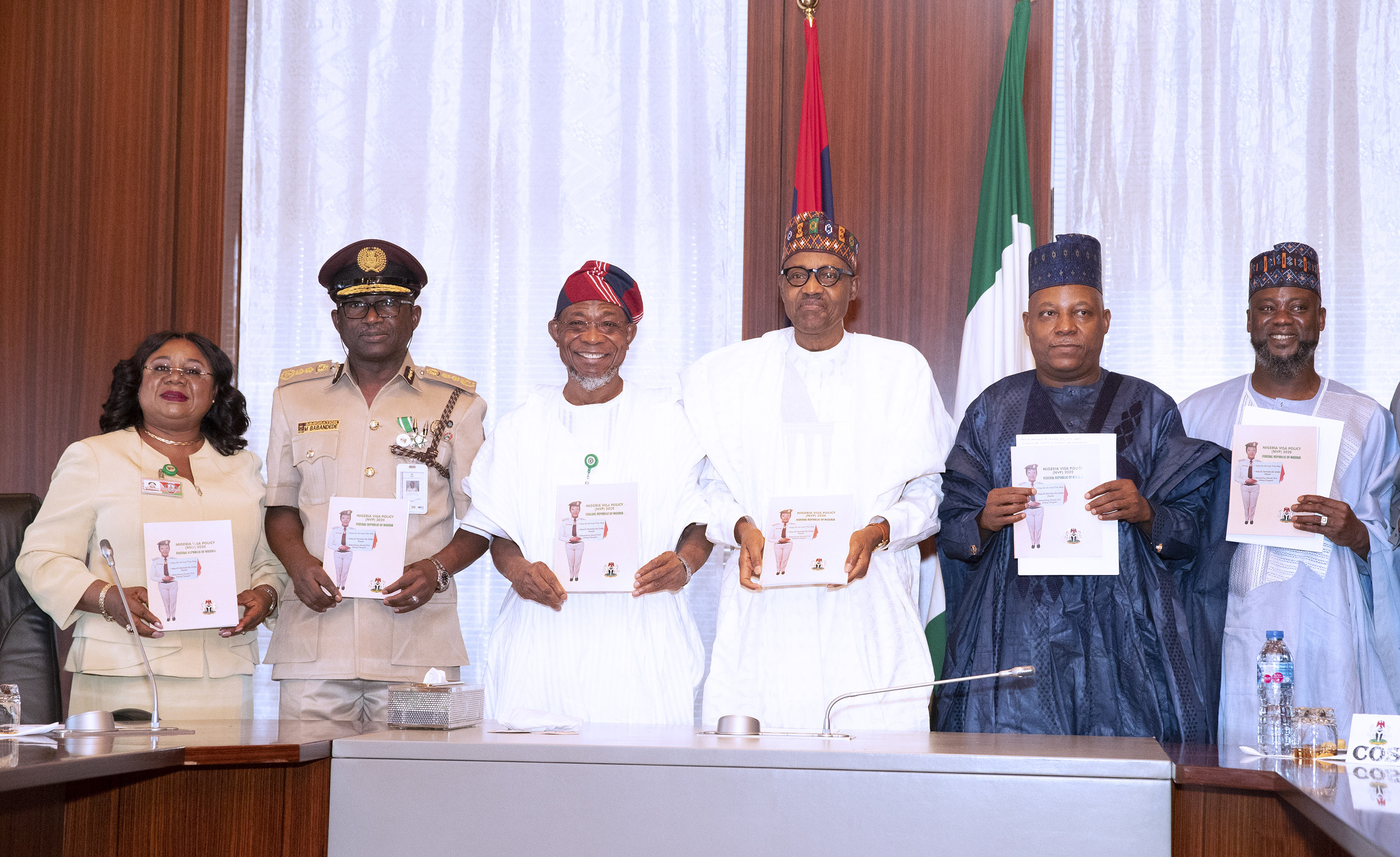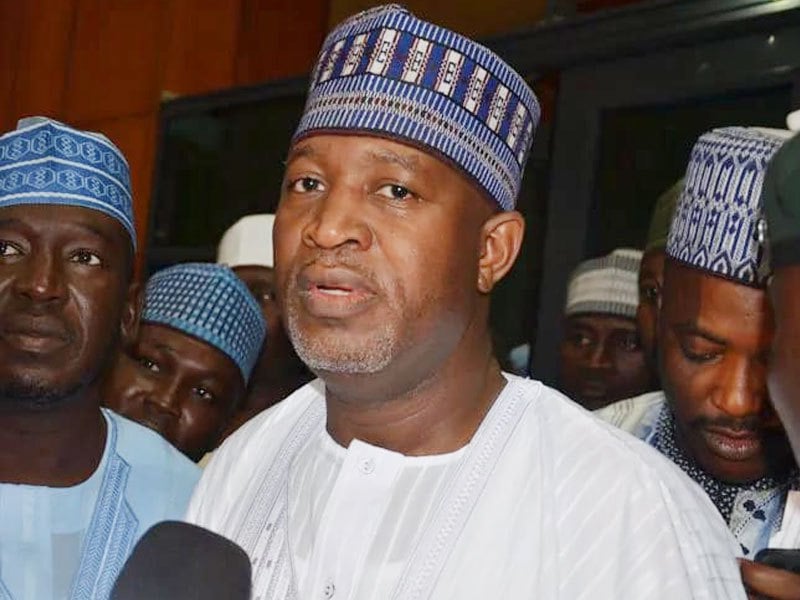The police say there will be no salary for the special constables that will serve as community police.
Frank Mba, police spokesman, told TheCable that only employed persons would be absorbed into the service.
He added that they would be volunteers who would be given stipends, but not paid salaries.
He said the decision to pay allowances is informed by the fact that the police are trying to build patriotism among Nigerians.
Advertisement
According to him, the engagement of special constabularies for local policing is not new to the law, and Mohammed Adamu, inspector-general of police (IGP), is only reviving an abandoned part of the police act.
Adamu said in May President Muhammadu Buhari directed him to commence the implementation of community policing strategy across the country.
Community policing focuses on building strong ties between the police and members of the community through interactions with local agencies and members of the public — creating partnerships and strategies for reducing crime and disorder.
Advertisement
“It is not a creation of the IGP, it is the law. The point is, the Nigerian police abandoned it for a very long time and this new IG is reinvesting the national policing community programme,” Mba said.
“The special constabulary is a voluntary service. They are not full-time police officers so they cannot be paid salary, but they would be paid allowances. And that’s why for you to join as a special constabulary, you must be somebody that already has a source of livelihood. It is not a full-time job. It is members of the community who volunteer their services to help police their community.”
He said the volunteers will engage in carrying out low-risk duties while conventional police officers can maximise their resources and time for more tedious jobs.
He said volunteers can cut across any profession whether formal or informal.
Advertisement
“A volunteer may decide to give 24 hours every week for the policing, maybe 6 hours a day. So within that period, you put on your uniform and go to the community, you support the police and perform low-risk duties. You can help in traffic control, crowd control, intelligence gathering. As part of that community, you bring in your expertise. Because you are able to take up low-risk duties, the police is able to release their manpower, their human resources and assets for the more tedious tasks,” he explained.
Asked if state governors can pay the volunteers, Mba said: “If any state decides to say for example, that we have the capacity to give them extra N20,000 to serve as motivation, we have no problem with that.”
1 comments








How much are they going to pay them for the allawonce and how is it going to be paid? monthly or weekly